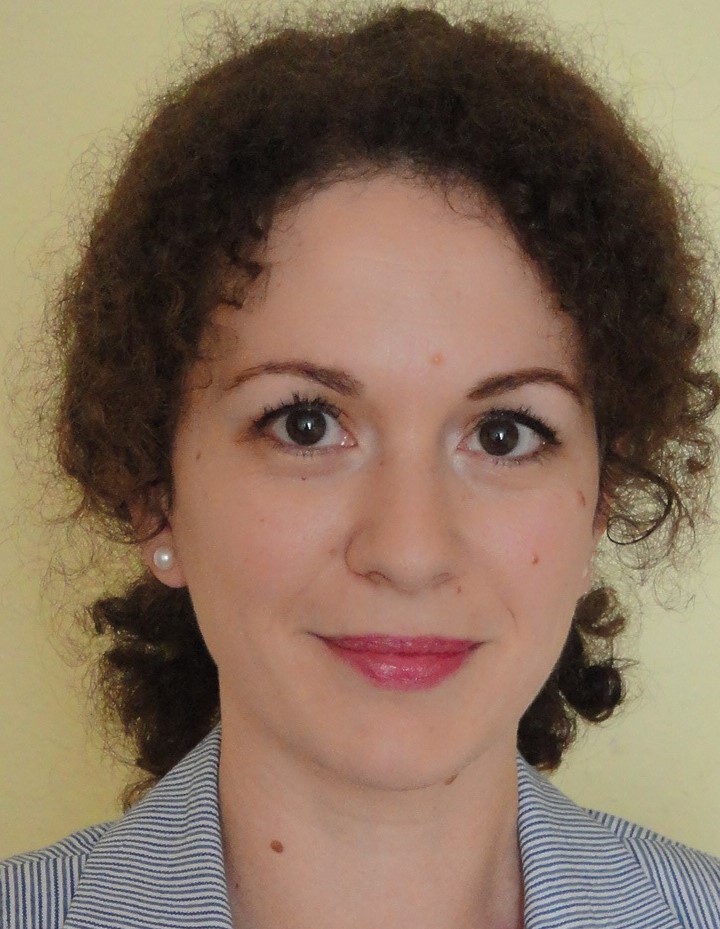X. Working Group on Non-Governmental Organizations in Central and Eastern Europe

Michael Brintnall, ASPA Council, US
E-mail:mabrintnall@gmail.com
Michael Brintnall is formerly the Executive Director of the American Political Science Association and of the National Association of Schools of Public Affairs and Administration in Washington DC, and has held senior positions in academic administration and in the US federal government. He is a Fellow of the National Academy of Public Administration and currently serves on boards for the American Society for Public Administration, the Environmental Investigation Agency, Tango Mercurio, and the National Humanities Association Foundation.

Gyorgy Hajnal, Member of the NISPAcee Steering Committee / Professor, Head of Department, Corvinus University of Budapest / Senior Researcher, Institute for Political Science, Center for Social Research of the Hungarian Academy of Sciences (IPS CSR HAS), Hungary
E-mail:gyorgy.hajnal@uni-corvinus.hu
Gyorgy Hajnal is a Professor in the Department of Public Policy and Management, Corvinus University of Budapest and Senior Researcher at the Hungarian Academy of Sciences, Institute for Polictical Science. Prior to his current positions he worked as a Senior Researcher/ Head of Department for 15 years at the Hungarian Institute of Public Administration and its successor organisation. Besides his full-time academic positions he has been and contiues to be extensively involved in international research cooperation projects in topics relating to comparative public management reforms. He has also served as a consultant to various international academic, governmental and business organisations.
WG Assistant Coordinator:

Réka Zsuzsánna Máthé, PhD Student, National University of Public
E-mail:mathe.reka@uni-nke.hu
Réka has earned her master’s degree in Management of Public Institutions and Non-Governmental Organisations offered through a programme of Babes-Bolyai University and Michigan State University. She is a PhD student of the National University of Public Service and her research focuses on policies related to civil society and social capital. Concurrently, she is furthering her studies in European public administration and policies at the College of Europe in Belgium. As a young researcher, she has gained experience by earning a national research grant; research that was overseen by the Hungarian Academy of Science, and is participating in an international research programme. Her past experience also includes working at various NGOs in Europe and the Silicon Valley, United States, as well as completing a leadership development programme with the US Federal Government.
The launch of a new Working Group on Non-governmental Organisations recognises the growing significance of NGO’s in governance and in shaping and meeting the needs of citizens. Our interests are broad – to understand the role of NGO’s in governance in the CEE region, to analyse the performance and consequences of this sector, and to explore multi-sector strategies for meeting public interest. Our definition of NGO’s is a broad one, to include informal organisations, cooperatives, non-profits, civil society organisations, and so forth. Our interests lie particularly with those NGO’s whose mission is in the public interest and pertains to governance, social services, public policy, citizen participation, and/or humanitarian concerns. And we intend to explore the role that NGO’s play – independently and in multi-sector collaboration with government institutions – in defining and achieving the public good.
There are many questions to explore about the work of NGO’s in the central and eastern European region. How are these organisations structured and administered? What roles do they play – for example, in service delivery, public participation, policy analysis and social equity? Where do they find resources? What does their non-profit status mean within the context of state regulations? How do they link with other important institutions – economic, religious, political and labour? What resources and capabilities exist in this sector from country to country? How are they administered and evaluated? Last but not least, what role are schools of public administration and management playing in training leaders for the organisations of this sector?
We welcome scholars and professionals with an interest in NGO’s and in multi-sector governance processes to join us, and we invite papers with a theoretical, empirical and/or analytical focus on all aspects of these questions. As a body of work develops within our working group, we hope, as a community, to further refine and focus our agenda.
To help provide some structure to these initial efforts, for 2017 we have identified four main questions to help focus the first rounds of papers. These are:
- What is the role of NGO’s in governance at the national and local level in CEE countries, and how is this shaped by public attitudes, government policy, legislation, and financial support? How do actual (latent) roles compare with the stated ones, and with those usually found internationally?
- What are examples of existing multi-sector models of governance in the region, in which NGOs and government are seeking to work together?
- What are the techniques for the measurement and assessment of NGOs and multi-sector initiatives, performance, in general and in specific policy arenas?
- What is the current state of teaching and curriculum development about NGO’s and multi-sector governance in schools of public administration, policy and management in the region, and what contributions can there be to improving curriculum and teaching?
We are also mindful of the important connections between these topics and the conference theme: Spreading Standards, Building Capacities: European Administrative Space in Progress. We especially welcome work that addresses the place of NGO’s and multi-sector governance in the European administrative space, including attention to administrative capacities, legal oversight and standards for NGO performance, improved NGO management, and the potential for an active NGO role in governance to address issues of equity and human rights in the European Administrative Space.
